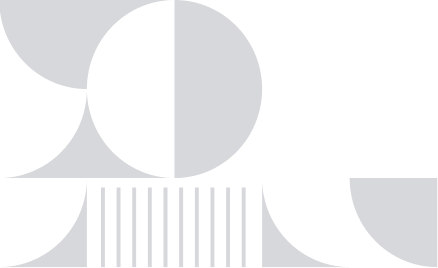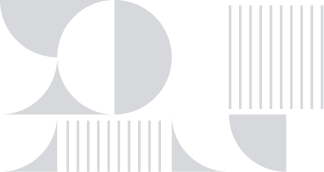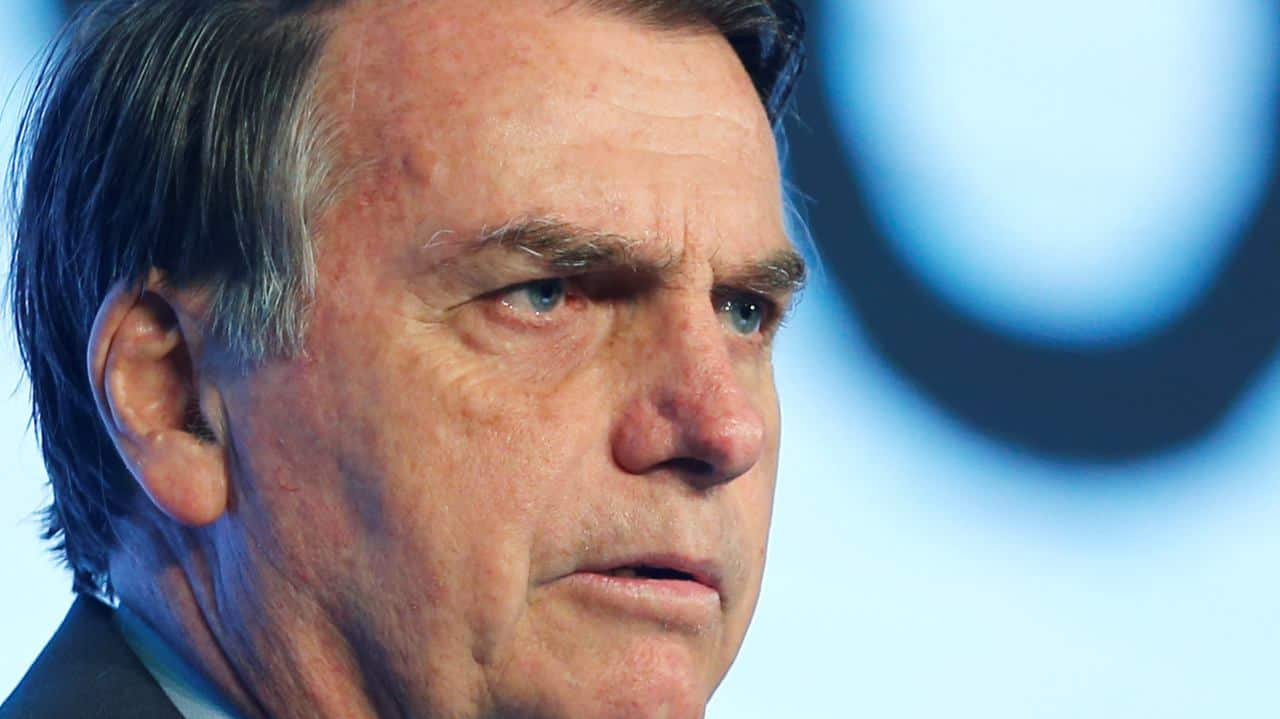




Jair Bolsonaro
- Lula defeats Bolsonaro to become Brazil's president -- again
With 98.8 per cent of the votes tallied, da Silva had 50.8 per cent and Bolsonaro 49.2 per cent, and the election authority said da Silva's victory was a mathematical certainty.
- Luiz Inacio Lula da Silva remains ahead of Jair Bolsonaro in Brazil runoff: Poll
Lula's voter support reached 51% against 42% for Bolsonaro, compared with 51% and 43%, respectively, in the previous poll.
- Brazil election: Luiz Inacio Lula da Silva has 51% of voter support versus 43% for Jair Bolsonaro, poll finds
The survey by IPEC taken over the three days since the first-round vote found Lula with 51% voter support against Bolsonaro's 43%, with a margin of error of two percentage points.
- Brazil markets post best day since 2020 as Jair Bolsonaro outperforms polls
Brazil's currency strengthened more than 4% against the dollar, while the benchmark Bovespa equities index (.BVSP) jumped 5.5%, its biggest one-day gain since April 2020. Several companies rallied over 10%, while preferred shares of state-run oil company Petrobras (PETR4.SA) closed 8% higher in Sao Paulo.
- Brazil election goes to runoff as Jair Bolsonaro beats polls
With 95% of electronic votes counted, Lula was ahead with 47.6% of votes versus 43.9% for Bolsonaro, the national electoral authority reported. As neither got a majority of support, the race will go to a second-round vote on Oct. 30.
- Luiz Inacio Lula or Jair Bolsonaro? Brazilians vote in tense presidential election
Most opinion polls have shown Lula with a solid lead for months, but Bolsonaro has signaled he may refuse to accept defeat, stoking fears of institutional crisis or post-election violence.
- Brazilian army orders Viagra for troops 'to treat patients with hypertension'
Brazil defense ministry said in a statement the pills were in fact "to treat patients with pulmonary arterial hypertension," or high blood pressure in the lungs, another use for sildenafil.
- President Jair Bolsonaro of Brazil Is Hospitalized
The President of Brazil was admitted to Vila Nova Star hospital, where he was undergoing exams under the care of Dr Antônio Luiz Macedo, the surgeon who treated Jair Bolsonaro after he was stabbed in 2018 while campaigning for president.
- Facebook, YouTube take down Jair Bolsonaro video over false vaccine claim
Both Facebook and Alphabet Inc’s YouTube said the video, which was recorded on Thursday, violated their policies.
- Brazil senate committee recommends 10 pandemic charges against Bolsonaro
Bolsonaro has repeatedly played down the seriousness of the virus, calling it a "little flu" at one point, promoting treatments that scientists said were ineffective, railing against lockdown measures to slow the spread and speaking out against vaccinations.
- YouTube says it pulled Jair Bolsonaro videos for COVID-19 misinformation
YouTube said in a press release the decision was taken ”after careful review” and without consideration for Bolsonaro’s job or political ideology. The far-right former army captain, who has overseen the world’s second deadliest outbreak, has won widespread criticism for railing against lockdowns, touting unproven miracle cures, sowing vaccine doubts and shunning masks.
- Brazil Supreme Court gives nod for probe into President Jair Bolsonaro over Covaxin deal with Bharat Biotech
In her decision, Brazil's Supreme Court Justice Rosa Weber said the investigation of President Jair Bolsonaro is to be done by the top prosecutor's office for dereliction of duty in the process of procuring Covaxin
- Explained: Brazil's $324 million controversial Covaxin deal and its implications for President Jair Bolsonaro
Brazil's President Jair Bolsonaro and Health Minister Marcelo Queiroga have reubffed allegations of wrongdoing.
- Brazil president Jair Bolsonaro fined for maskless motorcyle rally
Thousands of roaring motorcycles took part in the "Accelerate for Christ" rally in Sao Paulo, led by the far-right president, who wore an open-faced helmet and no mask, in violation of state health regulations.
- Brazil's Bolsonaro promises Biden to end deforestation, seeks financial help
The Bolsonaro and Biden administrations have reportedly been holding talks on a plan in which Brazil would receive international funding to better protect the Amazon, a crucial resource in fighting climate change.
- A Collapse Foretold: How Brazil’s COVID-19 Outbreak Overwhelmed Hospitals
More than a year into the pandemic, deaths in Brazil are at their peak and highly contagious variants of the coronavirus are sweeping the nation, enabled by political dysfunction, widespread complacency and conspiracy theories. The country, whose leader, President Jair Bolsonaro, has played down the threat of the virus, is now reporting more new cases and deaths per day than any other country in the world.
- Shares in Brazil's Petrobras plunge 19% as President Jair Bolsonaro replaced CEO
Under sacked CEO Roberto Castello Branco, Petrobras had increased fuel prices four times so far in 2021, a cumulative rise of nearly 35 percent.
- COVID-19 vaccine update | Brazil governors seek own vaccine supplies as stocks run low
President Jair Bolsonaro reversed course in January, facing delay in the delivery of the only vaccine his administration purchased and watching as other nations began immunizing their citizens while Brazil's 210 million people were on hold.
- 'Dhanyawad': Brazil's Jair Bolsonaro thanks PM Narendra Modi as India dispatches 2 million vaccine doses
A shipment of 2 million doses of Covishield, the Indian variant of Oxford-AstraZeneca vaccine, was dispatched from Mumbai on January 22.
- COVID-19 vaccine update | Uncertainty over Sinovac shot’s effectiveness an issue despite trail results in Brazil, Turkey
On Thursday, Sao Paulo state Health Secretary Jean Gorinchteyn confirmed that China's Sinovac vaccine "didn’t reach 90%" efficacy, making it less successful than those developed by Pfizer Inc. and Moderna Inc.





